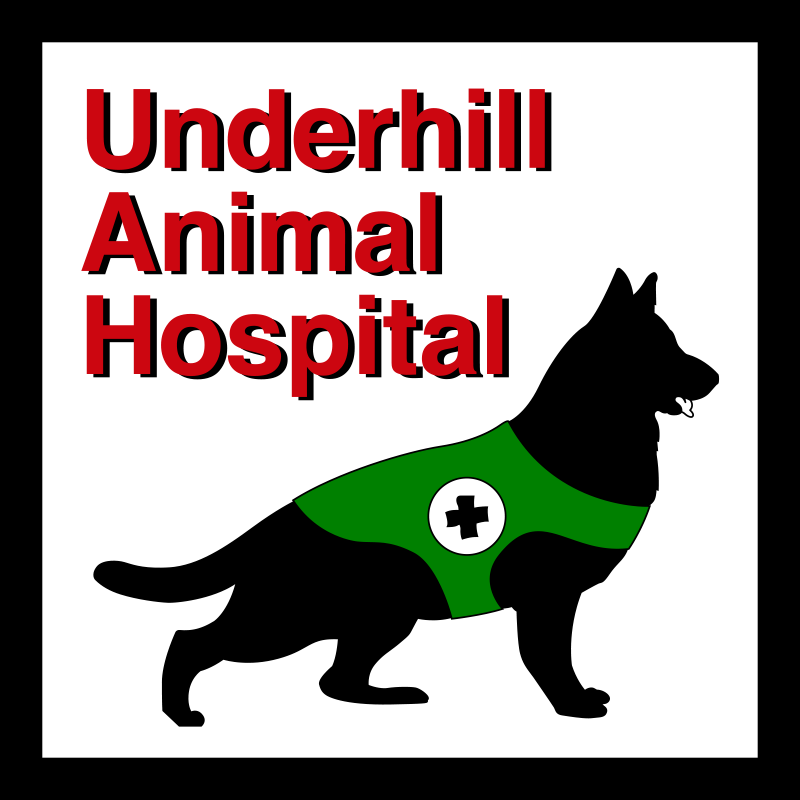Your dog’s health depends on receiving a balanced mixture of vitamins and nutrients in its diet. Protein, a nutrient found in meat, eggs, poultry, lamb, fish, and other foods, plays a particularly important role in good health. In fact, your dog can’t live without it.
What Is Protein?
Protein consists of amino acids, organic compounds necessary for many of the body’s key functions. The proteins in your dog’s diet are needed for:
- Strong Muscles and Soft Tissues. Protein builds, maintains, and repairs muscles, ligaments, tendons, and cartilage.
- Energy. Protein, in addition to carbohydrates, fats, and other nutrients, helps your dog’s body meet its energy needs.
- Healthy Coat and Skin. Protein keeps your pet’s coat sleek and shiny and its skin soft and supple.
- Robust Immune System. Antibodies, proteins that attack and remove viruses and bacteria, help your dog avoid illnesses and infections.
- Hormone Production. Protein is essential for the production of hormones that control bodily functions ranging from blood pressure to growth to digestion.
How Much Protein Do Dogs Need in Their Diets?
The American Association of Feed Control Officials (AAFCO) reports that adults dogs need a minimum of 18% of protein in their food. Food for puppies and pregnant and nursing dogs should contain at least 22.5% protein. Larger breeds or very active dogs may need even more protein.
Your dog’s protein requirement increases as it gets older. According to an article in Topics in Companion Animals, older dogs need 50% more protein than younger dogs and should receive about 25% of their daily calories from the nutrient.
Commercial dog foods that meet minimum protein requirements usually feature a statement from the AAFCO on the bag or box. A raw food diet also provides protein, although there are concerns that feeding dogs uncooked meat may contribute to the increase of antibiotic-resistant bacteria that sickens pets and people.
University of Bristol (U.K.) researchers studied 600 healthy pet dogs to determine the factors that increased the risk of antibiotic-resistant E. coli in feces. According to study results, feeding dogs uncooked meat was the only significant risk factor. If your dog eats a raw diet, be sure to wash your hands thoroughly after touching raw meat or feces.
What Are the Signs That My Dog Isn’t Receiving Enough Protein?
If your dog doesn’t get enough protein in its diet, you may notice one or more of these signs:
- Muscle Loss. Your dog’s muscles may look smaller or feel soft instead of firm. A dog suffering from muscle loss may stumble or struggle to stand, depending on the severity of the condition.
- Coat and Skin Issues. A dull coat, hair loss, dry skin, and slow-healing sores can be signs that your dog needs more protein.
- Weight and Growth Issues. Protein helps control metabolism, the way the body turns food into energy. Without enough protein, your pet may begin to lose weight. Puppies that don’t receive protein may not grow normally.
- Fatigue. Your dog may seem unusually tired and might not be as active as usual if it doesn’t receive enough protein.
- Digestive Issues. Low protein can interfere with the digestive process and cause bloating, vomiting or diarrhea.
Your dog can develop these problems if it doesn’t get enough protein in its diet or it develops protein-losing enteropathy (PLE). PLE is caused by a variety of diseases and occurs when too much protein leaks into the intestines.
PLE can be caused by:
- Inflammatory Bowel Disease
- Salmonella or Histoplasmosis Infections
- Viral or Bacterial Gastroenteritis
- Food Intolerances
- Intestinal Lymphangiectasia
- Stomach or Intestinal Ulcers
- Foreign Bodies in the Gastrointestinal Tract
- Congestive Heart Failure
- Cancer
Call your veterinarian if your pet shows any signs of a possible protein deficiency. Improving your pet’s diet or treating underlying diseases and conditions can help your dog avoid serious health issues.
Worried about your dog’s protein intake? Contact our office to schedule an appointment.
Sources:
American Association of Feed Control Officials: Dog and Cat Food, 2015
Topics in Companion Animal Medicine: Pet food Safety: Dietary Protein, 8/2008
https://pubmed.ncbi.nlm.nih.gov/18656844/
University of Bristol: Feeding Dogs Raw Meat Increases the Risk of Antibiotic-Resistant E. Coli, 11/20/2023
https://www.bristol.ac.uk/news/2023/november/antibiotic-resistant-ecoli.html
Animal Wellness: Understanding the Role of Protein in Dog Food, 12/14/2009
https://animalwellnessmagazine.com/protein-dog-food/
Pet Food Institute: Dog Nutrition
https://www.petfoodinstitute.org/dog-nutrition/
National Research Council of the National Academies: Your Dog’s Nutritional Needs: A Science-Based Guide for Pet Owners, 2006
https://nap.nationalacademies.org/resource/10668/dog_nutrition_final_fix.pdf
Tufts University: What Nutrients are Essential for My Pet?, 5/9/2023
https://sites.tufts.edu/petfoodology/2023/05/09/what-nutrients-are-essential-for-my-pet/
DVM360: Care of Dogs with Protein-Losing Enteropathy (Proceedings), April 1, 2015
https://www.dvm360.com/view/care-dogs-with-protein-losing-enteropathy-proceedings
